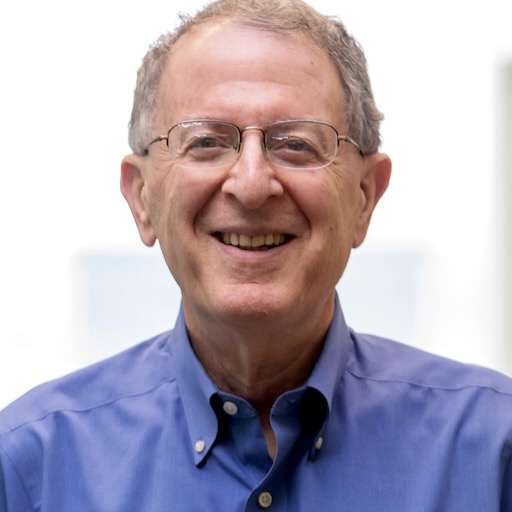
Jeffrey Gordon, MD
Human development is typically viewed from the perspective of our ‘human’ organs. As we come to appreciate how our microbial communities are assembled following birth, there is an opportunity to determine how this microbial facet of our developmental biology is related to the health of infants and children, as well as to the risk for and manifestations of disorders that produce abnormal growth. He and his colleagues, who include members of the International Centre for Diarrhoeal Disease Research, Bangladesh (icddr,b), are testing the hypothesis that perturbations in the normal development of the gut microbiome are causally related to childhood undernutrition - a devastating global health problem whose long-term sequelae, including stunting, neurodevelopmental abnormalities, plus metabolic and immune dysfunction, remain largely refractory to current therapeutic interventions. The journey to preclinical proof-of-concept, and the path forward to clinical proof-of-concept and subsequent implementation emphasize the opportunities as well as the experimental and analytic plus societal challenges encountered when developing microbiome-directed therapeutics.
Gordon received his AB from Oberlin College and MD from the University of Chicago. After completing his clinical training in internal medicine and gastroenterology, and doing a post-doctoral fellowship at the NIH, he joined the faculty at Washington University where he has spent his entire career; first as a member of the Departments of Medicine and Biological Chemistry, then as Head of the Department of Molecular Biology and Pharmacology and now as founding Director of the University’s interdepartmental Edison Family Center for Genome Sciences and Systems Biology. He is a member of the National Academy of Sciences, the American Academy of Arts and Sciences, the National Academy of Medicine, and the American Philosophical Society. The work of his group has been recognized by several awards including the Louisa Gross Horwitz Prize, the Copley Medal from the Royal Society, the BBVA Frontiers of Knowledge Award in Biology and Biomedicine, the Balzan Prize, and the Dr Paul Janssen Award for Biomedical Research. He has had the privilege and pleasure of serving as the research mentor to 145 PhD students and post-doctoral fellows since his lab was first established.